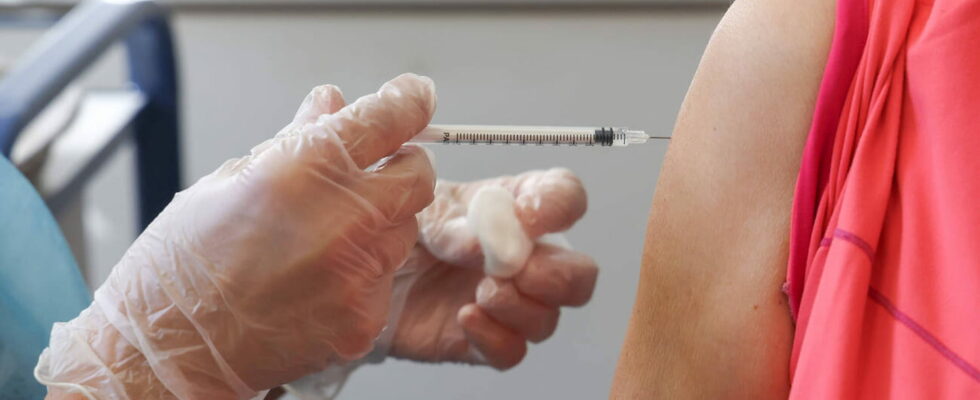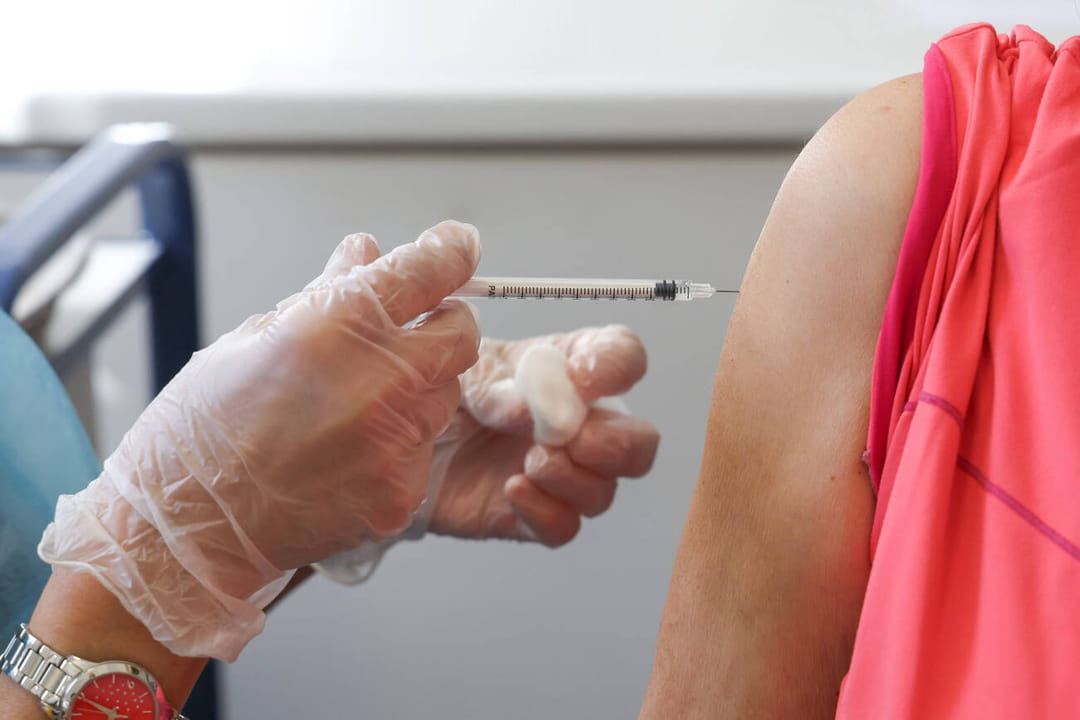The number of whooping cough infections is on the rise in France this summer. Health authorities are calling for the most vulnerable to be vaccinated.
The summer holidays are almost over. During these two months marked by the sun and the heat in the south of France, and by the Olympic Games in Paris, the mood was light and worries put aside while waiting for the start of the school year. But there are some who never take a vacation, and that’s bacteria.
Health authorities are reporting a surge in the number of whooping cough cases this summer. This respiratory illness is caused by the bacteria Bordetella pertussis. It is contagious but is rarely serious, and comes back in cycles of three to five years. In France, the last two peaks were in 2013 and 2017. Infants under two months old are most at risk of developing severe forms, as they are too young to be vaccinated against this infection. They are therefore the most likely to be hospitalized and die from this disease, reports SouthwestAccording to the public health agency, around twenty child deaths were recorded between the beginning of the year and the end of July.
The number of whooping cough cases is increasing in France. It has increased 15-fold between the beginning of March and July, according to Public Health France. The number of tests carried out is also increasing. Although the French are testing themselves more easily since the Covid-19 pandemic, the tests to detect whooping cough are more restrictive. They must be done in a laboratory with a prior prescription from a doctor. This delays the date of diagnosis and infected people can contaminate others.
On the other hand, results are coming in much faster since the world had to adapt to living with a deadly virus in circulation. Some labs are reusing machines that were used during Covid. Results that used to come in a few days are now being sent to the patient within hours of the test.
Faced with the resurgence of the disease, the High Authority of Health (HAS) is calling for a large vaccination campaign. In a press release of July 22, she explains that she “was contacted by the Ministry of Health” for this campaign and recalls “that the vaccination of pregnant women is the most effective way to protect newborns and infants before they can be protected by their own vaccination”. The HAS also informs of the importance of the vaccination booster “to all people who may be in close contact with newborns and infants under 6 months, if the last injection received dates back more than 5 years”.

